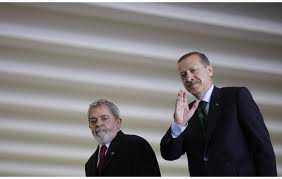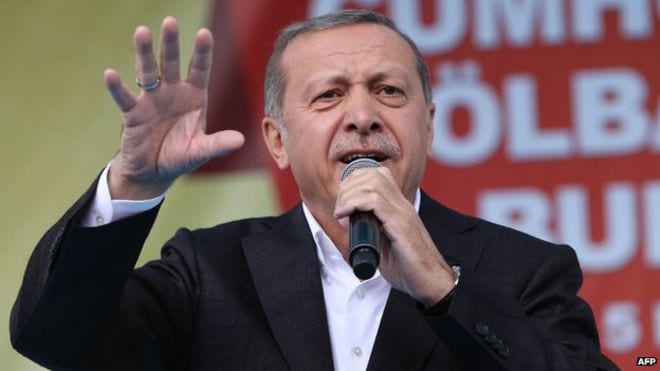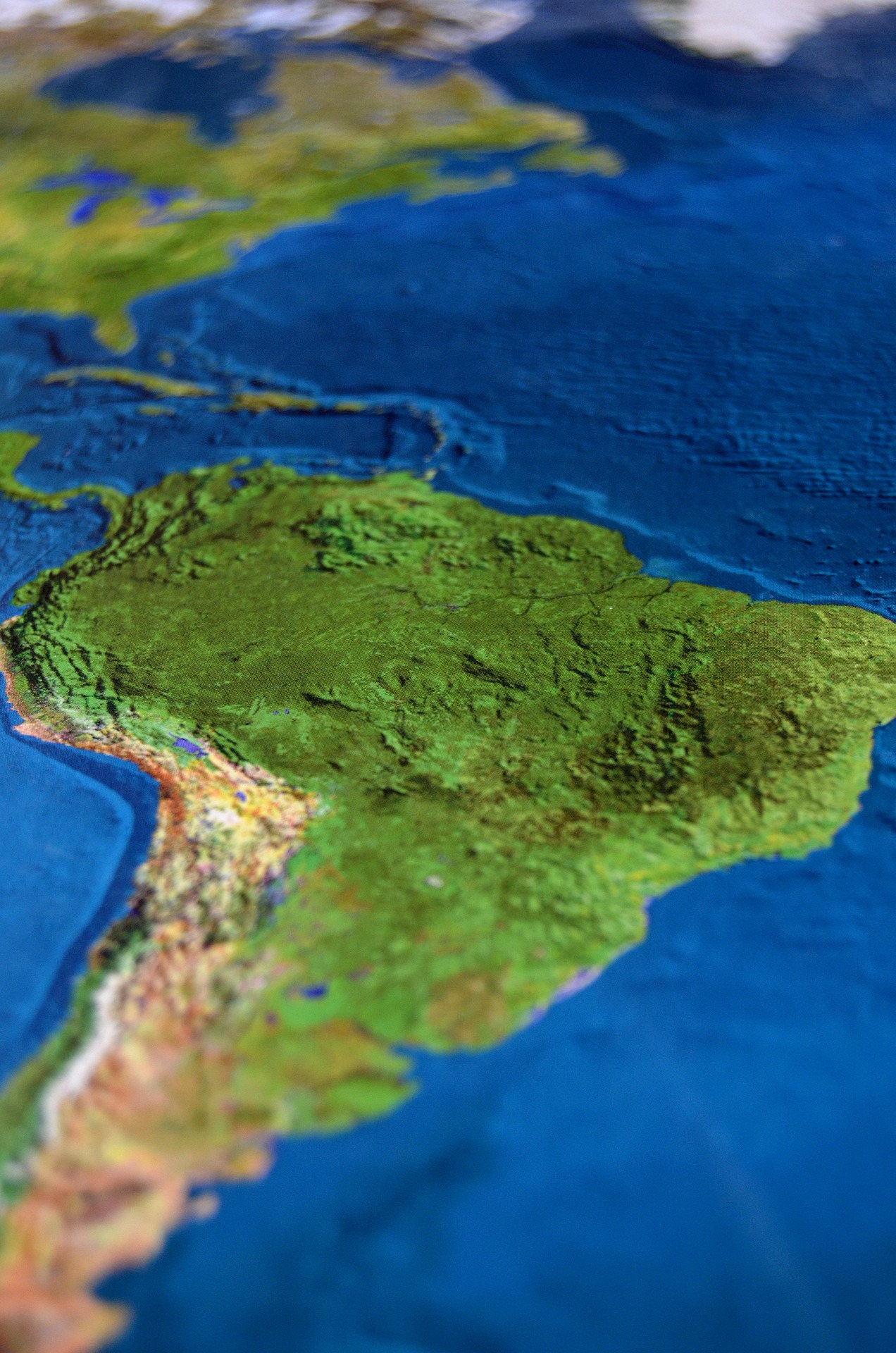By: NIAC Staff – News
One year after a deal to remove over one ton of nuclear fuel from Iran was rejected by the U.S., experts assessed why the deal was scuttled and what have been the resulting implications.
Erdogan-Lula
 Washington, DC – In May 2010, through intensive diplomatic efforts in Tehran, Turkey and Brazil brokered an agreement for Iran to give up over one ton of its nuclear fuel in exchange for fuel to produce medical isotopes. But the deal, known as the “Tehran Declaration,” was ultimately rejected by the U.S. One year later, the Foundation for Political, Economic, and Social Research (SETA) convened a panel discussion assessing why the deal was ultimately scuttled and what have been the resulting implications.
Washington, DC – In May 2010, through intensive diplomatic efforts in Tehran, Turkey and Brazil brokered an agreement for Iran to give up over one ton of its nuclear fuel in exchange for fuel to produce medical isotopes. But the deal, known as the “Tehran Declaration,” was ultimately rejected by the U.S. One year later, the Foundation for Political, Economic, and Social Research (SETA) convened a panel discussion assessing why the deal was ultimately scuttled and what have been the resulting implications.
Barbara Slavin, non-resident scholar at the Atlantic Council, said the deal was doomed before it was even finalized.
In October 2009, the U.S., along with England, France, China, Russia and Germany (the P5+1), had pursued a “confidence building” deal similar to the Tehran Declaration. But that deal, which came during the first high level direct talks between the U.S. and Iran in recent history, was eventally rejected by Tehran.
By the time Turkey and Brazil managed to revisit and secure a similar agreement in May, Slavin said, the U.S. had shifted to the sanctions track. There was little interest within the Obama Administration to return to the engagement track in the midst of a nearly completed push to build consensus at the United Nations Security Council for new sanctions.
“There had been enormous pressure to show progress on the nuclear front by the end of 2009. If that didn’t happen, Obama made it quite clear he would pivot toward sanctions. And that was exactly what he did,” Slavin said.
But for Turkey, according to SETA Research Director Kadir Ustun, there was genuine surprise that the U.S. rejected the agreement. Ustun said that, while Ankara had never considered the agreement to be comprehensive, it believed it was a means to overcome an impasse and prevent “regional tension and eventual war.” Ankara, he said, believed that “sanctions were counter-productive and counter to regional economic integration.” He said that Turkey continues to believe it can play a critical role in providing much needed mediation between Iran and the West.
For Brazil, according to Matias Spektor of Brazil’s Center for International Relations, President Lula da Silva was led to believe he was pursuing diplomacy on behalf of the United States. President Obama had sent Lula a letter discussing the upcoming negotiations in Tehran, and Lula thought the letter was direct encouragement for him to pursue the Tehran Declaration.
Spektor argued that Brazil also believed it could provide much needed trust for efforts to engage Iran to be succesful. “They felt that they could talk to Iran,” he said, “because they had willingly given up its weapons program.”
As a result of not communicating and pursuing the opportunity presented by the Brazil-Turkey deal, but instead going forward with UN sanctions, Trita Parsi of the National Iranian American Council observed that the U.S. is in a much more difficult situation than it was last year. By falling back on sanctions and turning down a chance to secure some of Iran’s low-enriched uranium (LEU) through Brazilian and Turkish interlocutors, Parsi said, an important opportunity was lost. And during the time that has passed, Iran has amassed even more LEU, albeit at a slower pace.
Parsi said that a peaceful resolution with Iran will take a far greater investment in diplomacy than has been pursued to date. “Between the end of October and the beginning of May, Brazil and Turkey engaged in more direct diplomacy (with Iran) than all of the P5+1 combined,” he stated.
“Talking for just three weeks isn’t enough to bridge the divide.”
via National Iranian American Council (NIAC): The Turkey-Brazil-Iran Deal, One Year Later.


